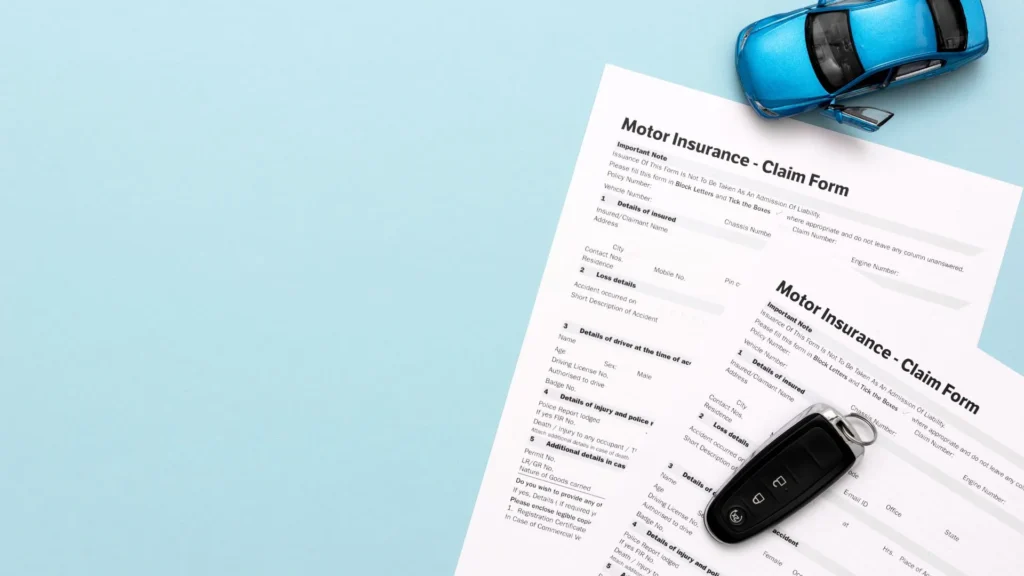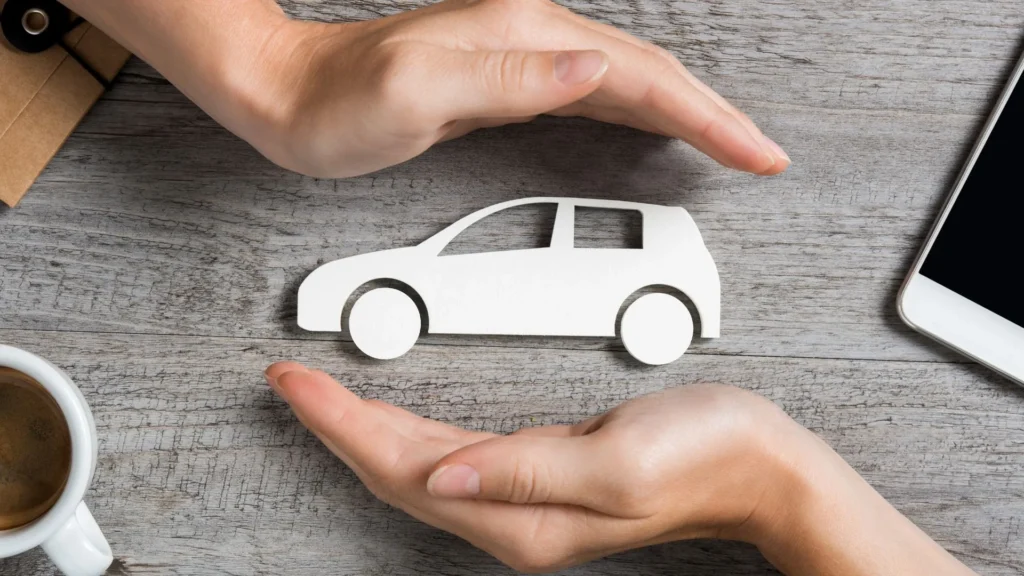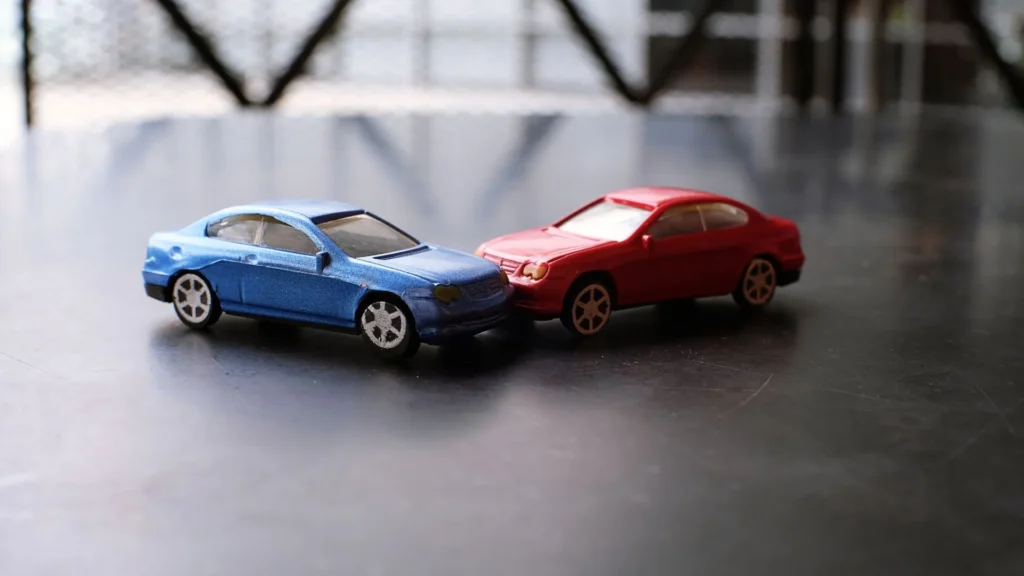Car accidents can be severe. Most accidents result in medical and insurance bills. The significant amount one has to pay can be reduced if they have good insurance coverage. But let’s try and understand what happens when a car accident claim exceeds insurance limits. How do we avoid such situations? Such questions arise in mind while you are applying for car insurance. Let us learn more about car accident claims to understand how to deal with them.
What Happens When a Car Accident Claim Exceeds Insurance Limits?
The vhicle owner is liable for the remaining amount if their insurance exceeds its limits. It will put extra financial strain on you as you will be responsible for paying for the excess sum out of your pocket. You must release the at-fault driver from further liability if you settle with his or her insurance company. Whenever damage exceeds policy limits, other options are available.
What Are The Odds of an Accident Claim Exceeding Insurance Limits?
The probability of your claim exceeding its limit depends on your coverage amount and type of accident. You are well under the limit for maximum claims if you have a high-limit policy.
There’s always the possibility that your claim could exceed your insurance limits if you’re in a severe accident despite having expensive insurance. The difference must be paid from pocket if such an unfortunate situation occurs. Good insurance coverage is essential if you want to avoid this burden.
What Happens If You’re at Fault For an Accident and Your Claim Exceeds The Other Driver’s Insurance Limit?
It is possible for a driver who is at fault for an accident and whose claim exceeds the other driver’s insurance limit to sue you. Moreover, if the other driver wins the lawsuit, they may be forced to pay damages. These can include lost wages, medical expenses, and property damage.
What Happens If You’re NOT at Fault For an Accident and Your Claim Exceeds The Other Driver’s Insurance Limit?
If you aren’t at fault for an accident, but your claim exceeds the other driver’s insurance limit, there are some ways to get compensation. To start with, if your motorist coverage is uninsured or underinsured, you have the option to file a claim with the insurer.
You may have to deal with unexpected costs unless you have this coverage. If you win in court, you may sue the other driver for the rest of the money you’re owed, but it’s still being determined that you can collect what you’re owed.
What is a Car Insurance Policy Limit?
The car insurance policy limit is the amount your insurer may pay for a claim. You are liable for the remaining amount if Your Damage Costs exceed this. This limit is the maximum amount you can claim in case of accidents.
If you are looking for good car insurance, you can use Beem to find the best insurance quotes to help you make the right choice.
How Often Do Auto Accident Claims Exceed the Policy Limits?
The settlement amount for an auto accident rarely exceeds the policy limits. A policy’s limit is the maximum amount the insurer must pay. It is likely that the insurance company will settle your claim for the policy limit if the claim is significantly greater than the policy limits.
Why Do Auto Insurance Policies Have Coverage Limits?
Your coverage limits ensure a boundary amount your insurer is required to pay. This limit is essential to inform you of your claim limit; if your damages exceed it, you are responsible for the amount. The coverage limits that come with your auto insurance policy determine how much your policy will pay in case of a covered loss.
How To Avoid Having Your Car Accident Claim Exceed Your Insurance Limit
The first step you should take is to inform your insurer just after the incident. You must let them know all the facts and details about the situation. Now follow the following steps to avoid exceeding the insurance limit:
Ensure enough insurance coverage
Always carry the minimum liability coverage required in your state. If you can afford one, you can apply for additional coverage for maximum protection.
Always be prepared for some damage coverage
Sometimes, more than your coverage policy is required for damages. It is best to be prepared for some damages out of your pocket. It’s best to manage expenses such that you have some money set aside for emergencies.
Consult an Attorney
Injuries and damages can worsen when you don’t understand your rights and options. Hiring a lawyer is a good move as it can help you understand your options and ensure that you receive fair compensation.
Who Pays for Damage that Exceeds the Policy Limits?
You are liable for the remaining amount if your policy limit is exceeded. It is better to opt for additional coverage to provide maximum protection for your car.
How Do I Protect My Assets After a Car Accident?
You may be required to pay the remainder out of pocket if your insurance limits exceed your claim. You can protect your assets in this situation by doing the following:
- Review Your Insurance Policy
- Keep Track of Expenses
- Consider Setting Up a Trust
- Talk to an Attorney
How Often Do Car Accident Settlements Exceed the Policy Limits in Texas?
Car accident settlements rarely exceed their policy limits in Texas. However, if it exceeds, you are responsible for paying such expense out of pocket. The victim must release the at-fault driver from liability if they settle with the at-fault driver’s insurance company.
Conclusion
In conclusion, here’s what happens when a car accident claim exceeds insurance limits. Protection against accidents is one of the main objectives of insurance policies. Most coverage, such as liability insurance, depends on the driver’s fault. But you can apply for comprehensive and collision insurance to ensure your car damage costs are covered despite who was at fault. There are several ways to get compensation after an accident. You must always keep some money aside when your claim exceeds the limit and cover it out of pocket. Hiring an attorney for better coverage detail and policy understanding is also a great way to go.
Also, it helps to remember that auto insurance with Beem covers damage to your vehicle, other vehicles or property, and injuries to yourself or others.




























